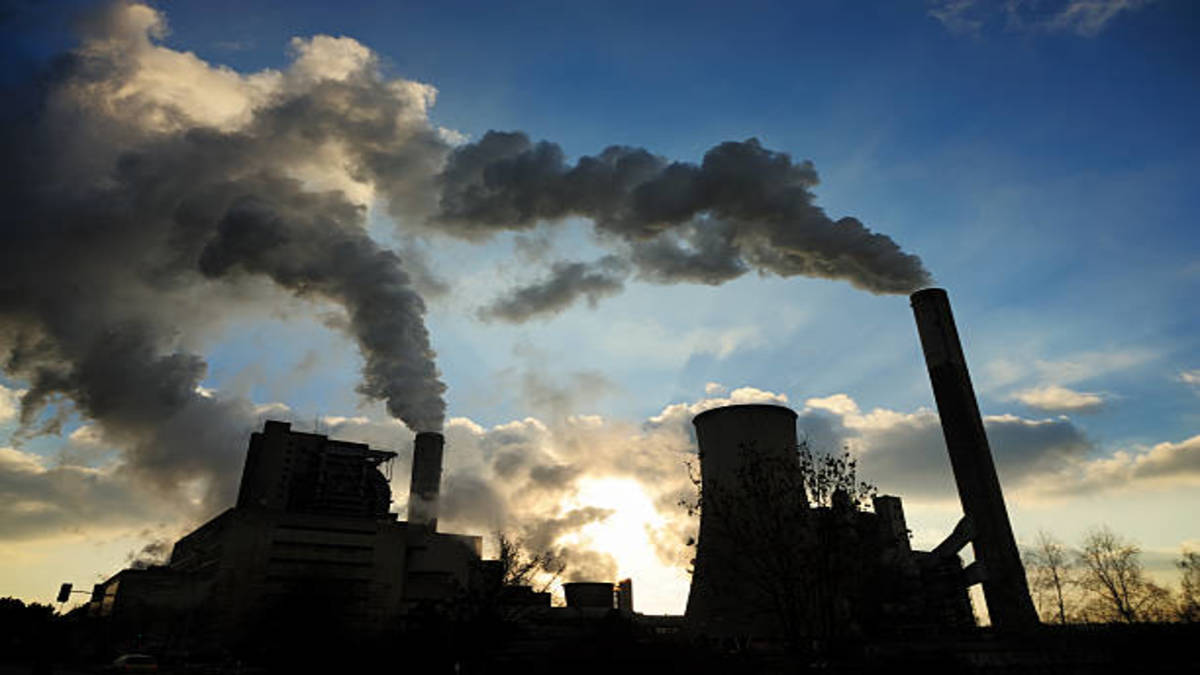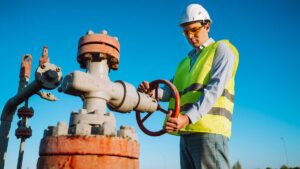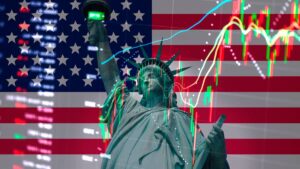Australia and Korea to collaborate on low-emissions tech, Fortescue inks UK green hydrogen deal

Pic: Getty
Australia and the Republic of Korea will work together to drive increased adoption of low and zero emissions technologies through a new Australia-Republic of Korea Low and Zero Emissions Technology Partnership.
Prime Minister Scott Morrison and President Moon Jae-in of the Republic of Korea (ROK) agreed the partnership during bilateral talks at the G20 summit in Rome, ahead of COP26 in Glasgow.
The Republic of Korea is Australia’s fourth largest trading partner and a major buyer of Australian resources and energy, including iron ore, coal, and LNG.
Minister for Industry, Energy and Emissions Reduction Angus Taylor said in a statement released yesterday that the partnership would strengthen cooperation and help Australia achieve its long-term reduction plan, while also accelerating global emissions reduction efforts.
In parallel with low-emissions steel and iron ore initiative
“We will collaborate on technologies, including clean hydrogen and clean ammonia supply, low emissions iron ore and steel, hydrogen fuel cell electric vehicles, hydrogen power generation, carbon capture, use and storage, energy storage, solar, and the critical minerals supply chain,” Taylor said.
He added that Australia will work closely on this initiative with the Republic of Korea (ROK) while also pursuing a low emissions steel and iron ore initiative that looks to reduce emissions across the supply chain.
Through the partnership, ROK will also support research on hydrogen supply chains between ROK and Australian companies.
Fortescue signs multi-billion-pound deal to supply green hydrogen in UK
Fortescue Future Industries (FFI) has signed a multi-billion-pound deal with construction giant J C Bamford Excavators and Ryze Hydrogen in a move that will see the company become the largest supplier of green hydrogen (GH2) to the United Kingdom.
Under a memorandum of understanding signed yesterday prior to the climate conference, JCB and Ryze will purchase 10 per cent of FFI’s global green hydrogen production.
FFI’s green hydrogen production is anticipated to grow to 15 million tonnes of GH2 per year by 2030, accelerating to 50 million tonnes per year in the next decade.
The green hydrogen arm of Fortescue Metals Group will lead the green hydrogen production and logistics to the UK market, while JC and Ryze intend to manage green hydrogen distribution and development of customer demand in the UK.
FFI chairman Andrew Forrest said the landmark partnership will help the UK to achieve net-zero, particularly in the hard to electrify sectors.
“Our agreement signals the first major shift in the global commercial landscape from fossil fuels towards the real, practical, implementable solution that is green hydrogen,” he said.
“The reduction in greenhouse gas emissions associated with replacing fossil fuel with only two million tonnes of green hydrogen is the equivalent of taking over 8 million cars off the road – almost a quarter of the UK’s entire fleet.”
UNLOCK INSIGHTS
Discover the untold stories of emerging ASX stocks.
Daily news and expert analysis, it's free to subscribe.
By proceeding, you confirm you understand that we handle personal information in accordance with our Privacy Policy.








